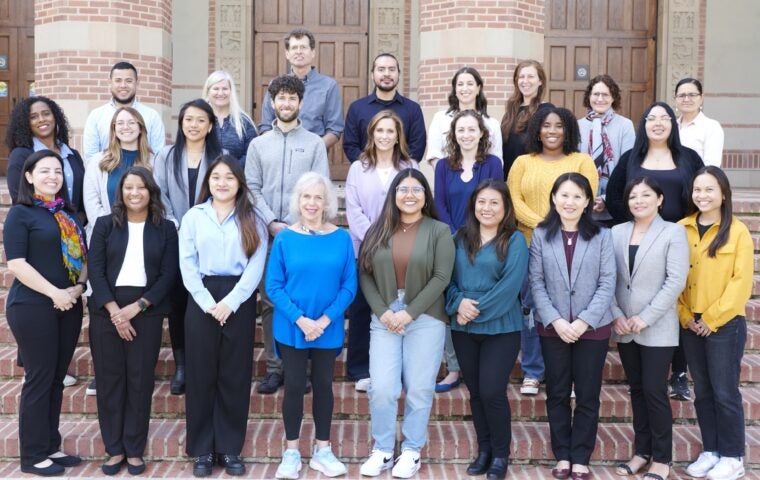Research Program

Leadership
Audra Langley, Ph.D.
Director
Eugenia Hsu Tsao, Ph. D.
Associate Director
Contact Info
UCLA TIES for Families Website
740 Westwood Plaza, One-West
Los Angeles, CA 90095-1759
TiesForFamilies@mednet.ucla.edu
(310) 825-6110
About
UCLA TIES (Training, Intervention, Education, and Services) for Families is a unique multidisciplinary team dedicated to optimizing the growth and development of children and young people in foster care, kinship care, and adopted through foster care, ages birth to 25, and their families across Los Angeles County, while also propelling the field with ongoing research, professional training, and community education. UCLA TIES provides: Pre-placement Education and Preparation for prospective resource parents (TIES PREP); Interdisciplinary trauma and resilience-informed, child welfare-competent services to children and their resource families before, during and after placement; Advocacy for children and families at the individual, community, and policy level; Education of professionals regarding culturally-responsive, trauma and resiliency informed, child welfare competent approaches to serving children in the foster care system; Collaboration and consultation with multidisciplinary professionals and agencies; Applied research to evaluate and improve services and outcomes for child-welfare involved children.
Affiliated